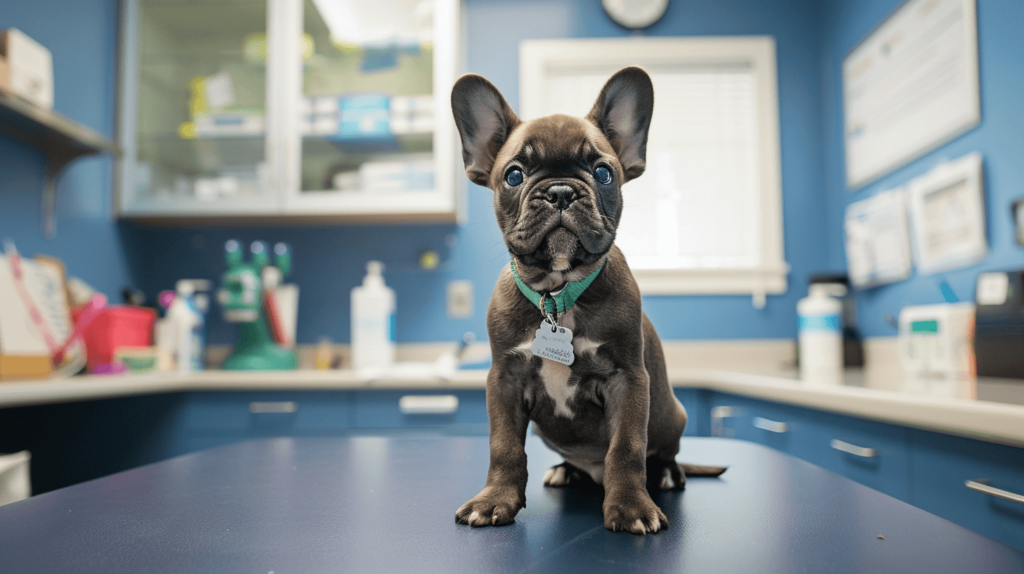Taking care of a puppy is a big responsibility, and one of the most important aspects of puppy care is ensuring their health and well-being. Preventative healthcare for puppies plays a crucial role in keeping your furry friend happy and healthy throughout their life. By taking a proactive approach to your puppy’s health, you can prevent diseases, catch any potential health issues early on, and provide them with the best possible start in life.
Preventative healthcare for puppies involves a combination of vaccinations, routine health checks, proper nutrition, exercise, and grooming. By addressing these areas, you can help ensure that your puppy grows into a healthy and happy adult dog. It’s important to remember that prevention is always better than cure when it comes to your puppy’s health.
Contents
- 1 Why Puppy Vaccinations are Crucial for Your Furry Best Friend
- 2 Common Puppy Vaccinations: What Your Puppy Needs and When
- 3 The Benefits of Routine Health Checks for Your Puppy
- 4 What to Expect During a Puppy Health Check
- 5 Preventing Common Puppy Diseases: Tips and Strategies
- 6 The Importance of Proper Nutrition for Your Puppy’s Health
- 7 Keeping Your Puppy Active and Fit: Exercise Tips for Your Furry Best Friend
- 8 Grooming Your Puppy for Optimal Health and Wellness
- 9 The Importance of Proactive Puppy Health Care
- 10 FAQs On Preventative Healthcare For Puppies
- 10.1 What is preventive healthcare for puppies?
- 10.2 What are some examples of preventive healthcare for puppies?
- 10.3 Why is preventive health care important for puppies?
- 10.4 When should puppies start receiving preventive health care?
- 10.5 How often should puppies receive preventive healthcare?
- 10.6 What are some common diseases that can be prevented through preventive healthcare for puppies?
Key Takeaways
- Preventive health care is crucial for your puppy’s overall well-being.
- Puppy vaccinations are necessary to protect your furry friend from common diseases.
- Knowing what vaccinations your puppy needs and when they need them is important.
- Routine health checks can help detect and prevent health issues early on.
- Proper nutrition, exercise, and grooming are essential for your puppy’s optimal health.
Why Puppy Vaccinations are Crucial for Your Furry Best Friend
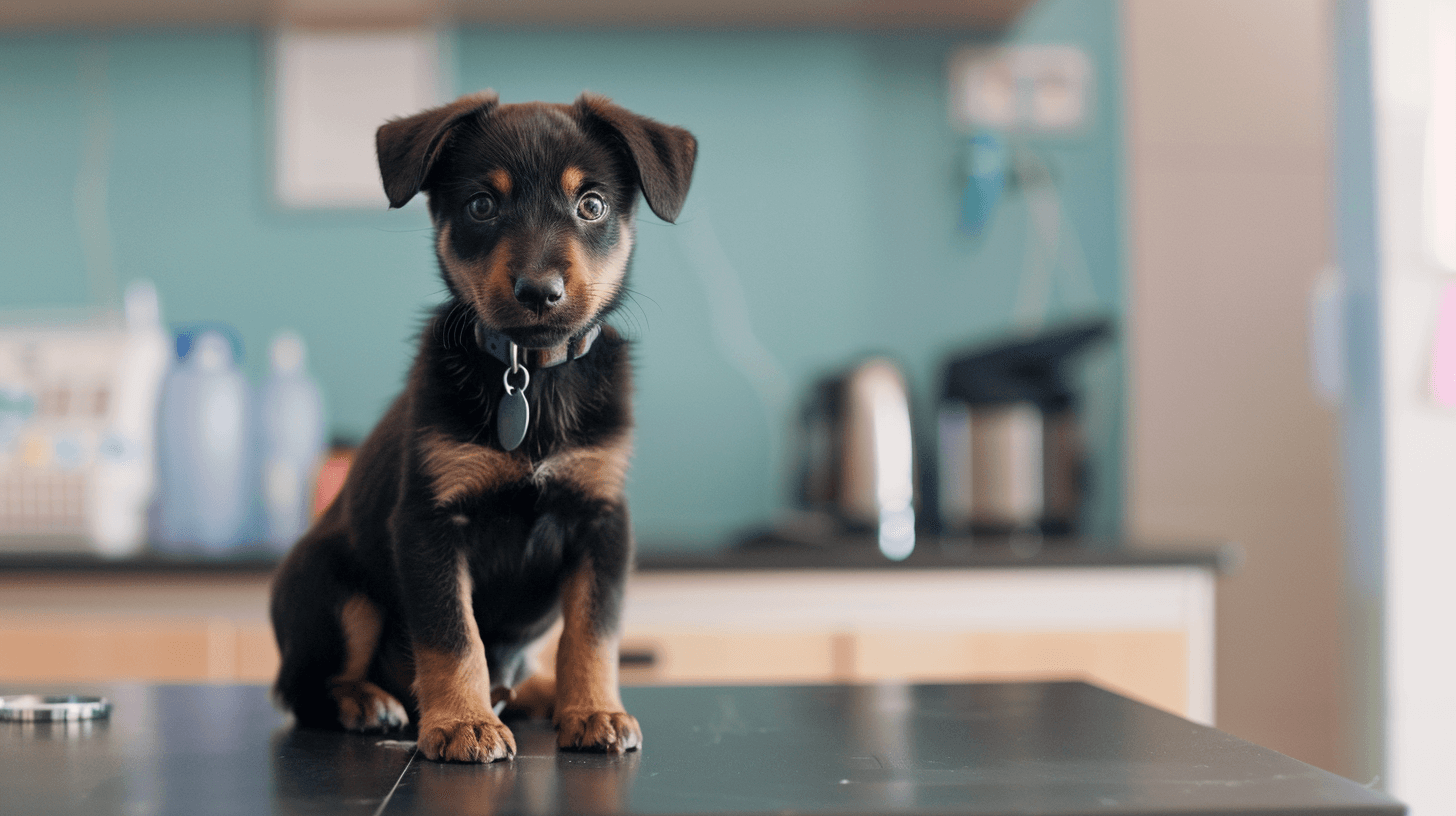
Vaccinations are an essential part of preventive health care for puppies. They protect your furry friend from potentially life-threatening diseases and help build their immune system. Vaccinations work by introducing a small amount of the disease-causing organism into the puppy’s body, which stimulates their immune system to produce antibodies to fight off the disease.
Not vaccinating your puppy can have serious consequences. Puppies are more susceptible to diseases due to their underdeveloped immune systems, and without vaccinations, they are at risk of contracting diseases such as parvovirus, distemper, hepatitis, and rabies. These diseases can be fatal or cause long-term health problems for your puppy.
Common Puppy Vaccinations: What Your Puppy Needs and When
There are several common vaccinations that puppies need to protect them from various diseases. The core vaccines that are recommended for all puppies include:
1. Distemper: This vaccine protects against a highly contagious viral disease that affects the respiratory, gastrointestinal, and nervous systems.
2. Parvovirus: Parvovirus is a highly contagious viral disease that affects the gastrointestinal tract and can be fatal, especially in young puppies.
3. Hepatitis: This vaccine protects against a viral infection that affects the liver and can cause severe illness in puppies.
4. Rabies: Rabies is a deadly viral disease that affects the nervous system and can be transmitted to humans. It is required by law in many countries.
In addition to these core vaccines, there are also non-core vaccines that may be recommended based on your puppy’s lifestyle and risk factors. These include vaccines for diseases such as kennel cough, leptospirosis, and Lyme disease.
The Benefits of Routine Health Checks for Your Puppy
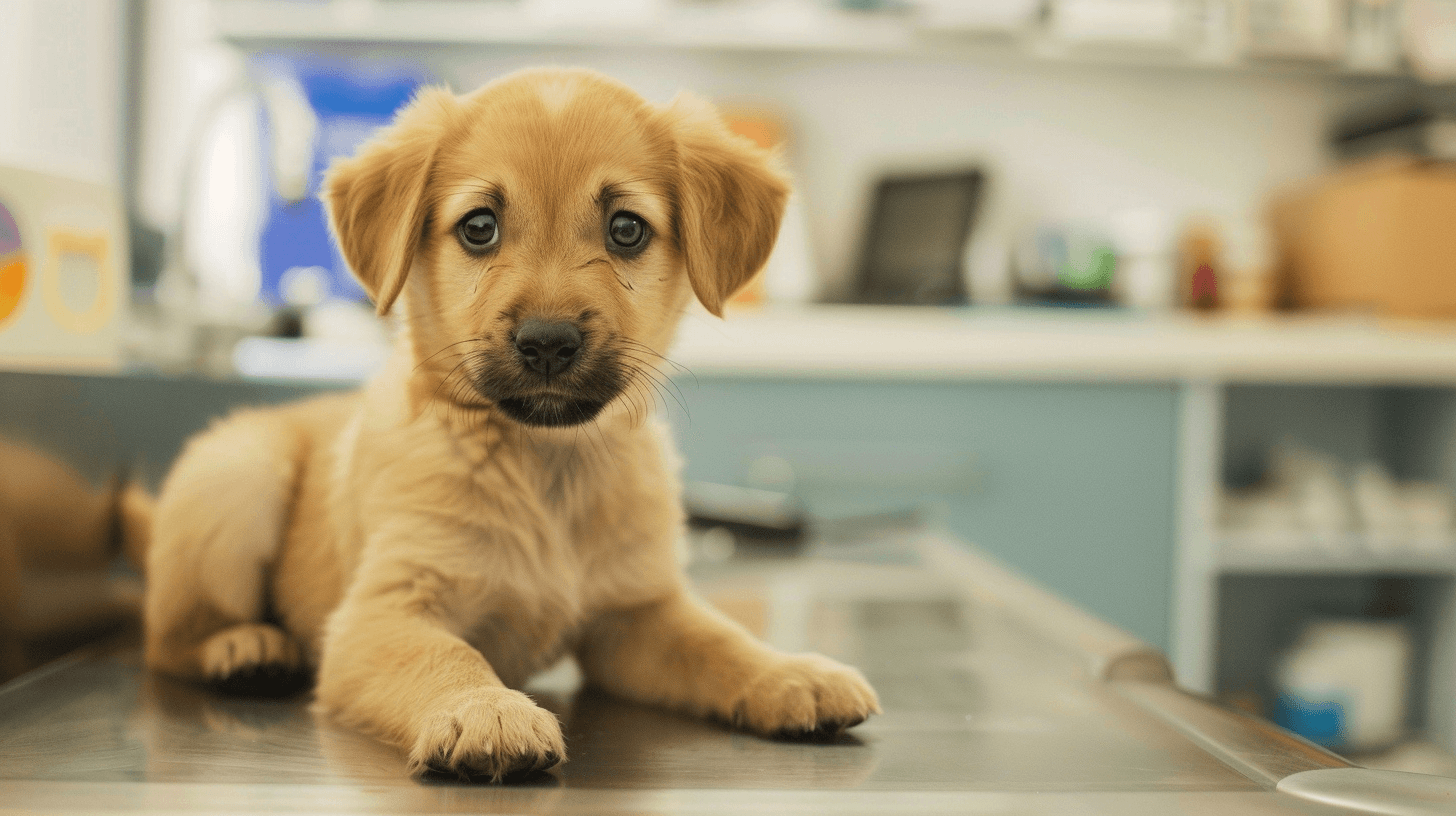
| Benefit | Description |
|---|---|
| Early Detection of Health Issues | Routine health checks can help identify health issues in your puppy before they become serious. |
| Preventative Care | Regular check-ups can help prevent health issues from developing in the first place. |
| Improved Quality of Life | By catching health issues early and providing preventative care, your puppy can enjoy a better quality of life. |
| Longer Lifespan | Regular health checks can help ensure your puppy lives a longer, healthier life. |
| Peace of Mind | Knowing that your puppy is healthy and receiving proper care can give you peace of mind. |
Routine health checks are an important part of preventive health care for puppies. Regular visits to the veterinarian allow for early detection of any potential health issues and ensure that your puppy is growing and developing properly. These check-ups also provide an opportunity for you to discuss any concerns or questions you may have about your puppy’s health.
During a routine health check, the veterinarian will perform a thorough physical examination of your puppy. They will check their weight, heart rate, breathing, and overall body condition. They will also examine their eyes, ears, teeth, and coat for any signs of abnormalities or potential health problems.
Routine health checks also give the veterinarian an opportunity to administer any necessary vaccinations or preventive treatments, such as flea and tick prevention or deworming medications. These preventive measures help protect your puppy from common parasites and diseases.
What to Expect During a Puppy Health Check
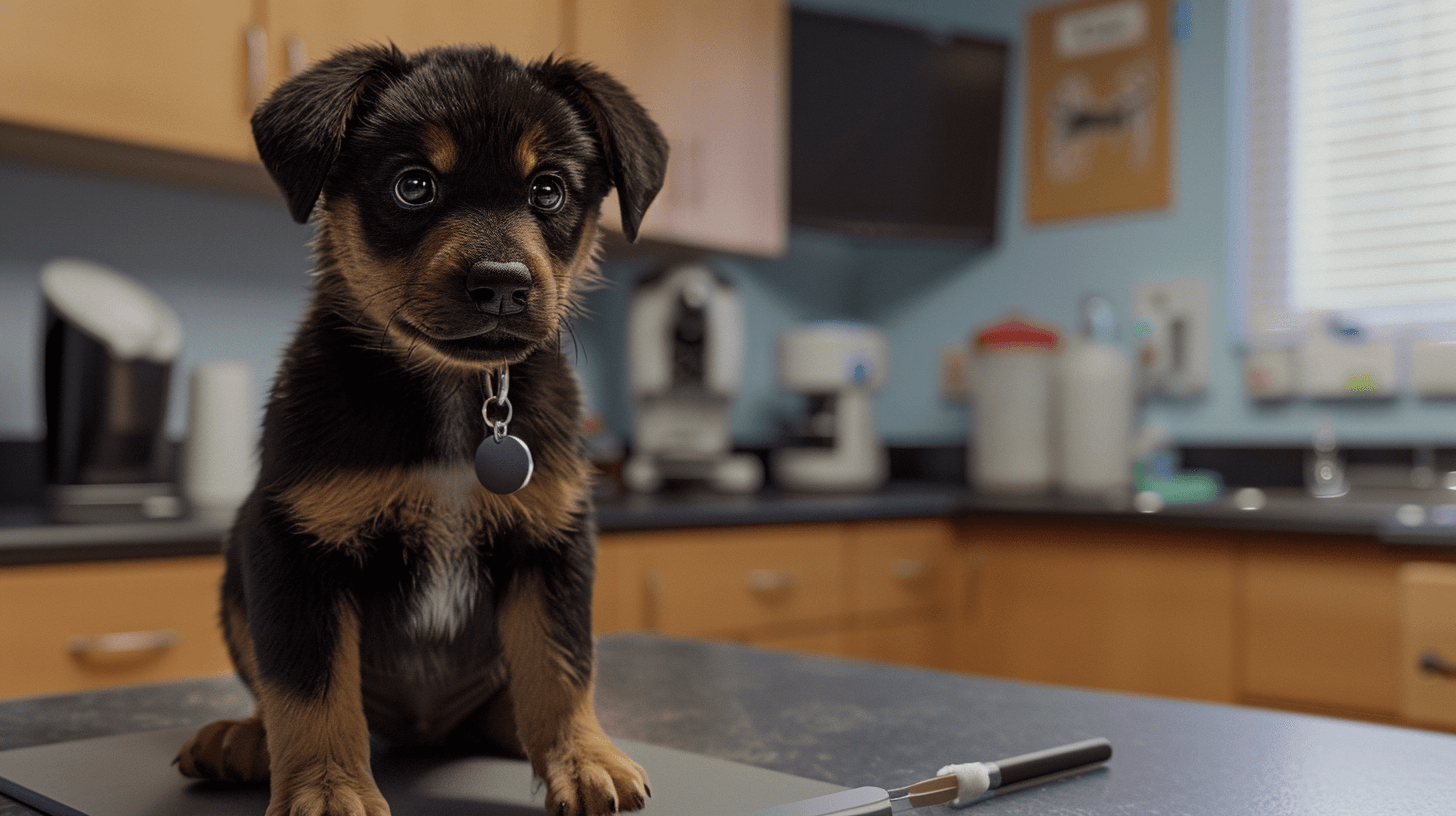
During a puppy health check, the veterinarian will start by asking you questions about your puppy’s diet, exercise routine, behavior, and any concerns you may have. They will then proceed with a physical examination of your puppy.
The vet will check your puppy’s weight and body condition to ensure they are growing at a healthy rate. They will listen to their heart and lungs to check for any abnormalities. They will also examine their eyes, ears, and teeth for signs of infection or dental issues.
The veterinarian will palpate your puppy’s abdomen to check for any abnormalities or signs of pain. They will also check their joints and limbs for any signs of lameness or discomfort. Additionally, they may take a stool sample to check for parasites.
Preventing Common Puppy Diseases: Tips and Strategies

Puppies are susceptible to a variety of diseases, but there are several steps you can take to prevent them. Here are some tips and strategies for preventing common puppy diseases:
1. Vaccinate your puppy: As mentioned earlier, vaccinations are crucial for protecting your puppy from diseases. Make sure to follow the recommended vaccination schedule and keep up with booster shots as needed.
2. Practice good hygiene: Regularly clean your puppy’s living area, including their bedding and toys, to prevent the spread of bacteria and parasites. Wash your hands thoroughly after handling your puppy or cleaning up after them.
3. Avoid contact with sick animals: Keep your puppy away from other animals that may be sick or unvaccinated. This includes avoiding dog parks or other areas where there may be a higher risk of disease transmission.
4. Provide a balanced diet: Proper nutrition is essential for a puppy’s overall health and immune system. Feed them a high-quality puppy food that meets their nutritional needs.
5. Keep up with regular veterinary visits: Routine health checks allow the veterinarian to monitor your puppy’s health and catch any potential issues early on.
The Importance of Proper Nutrition for Your Puppy’s Health
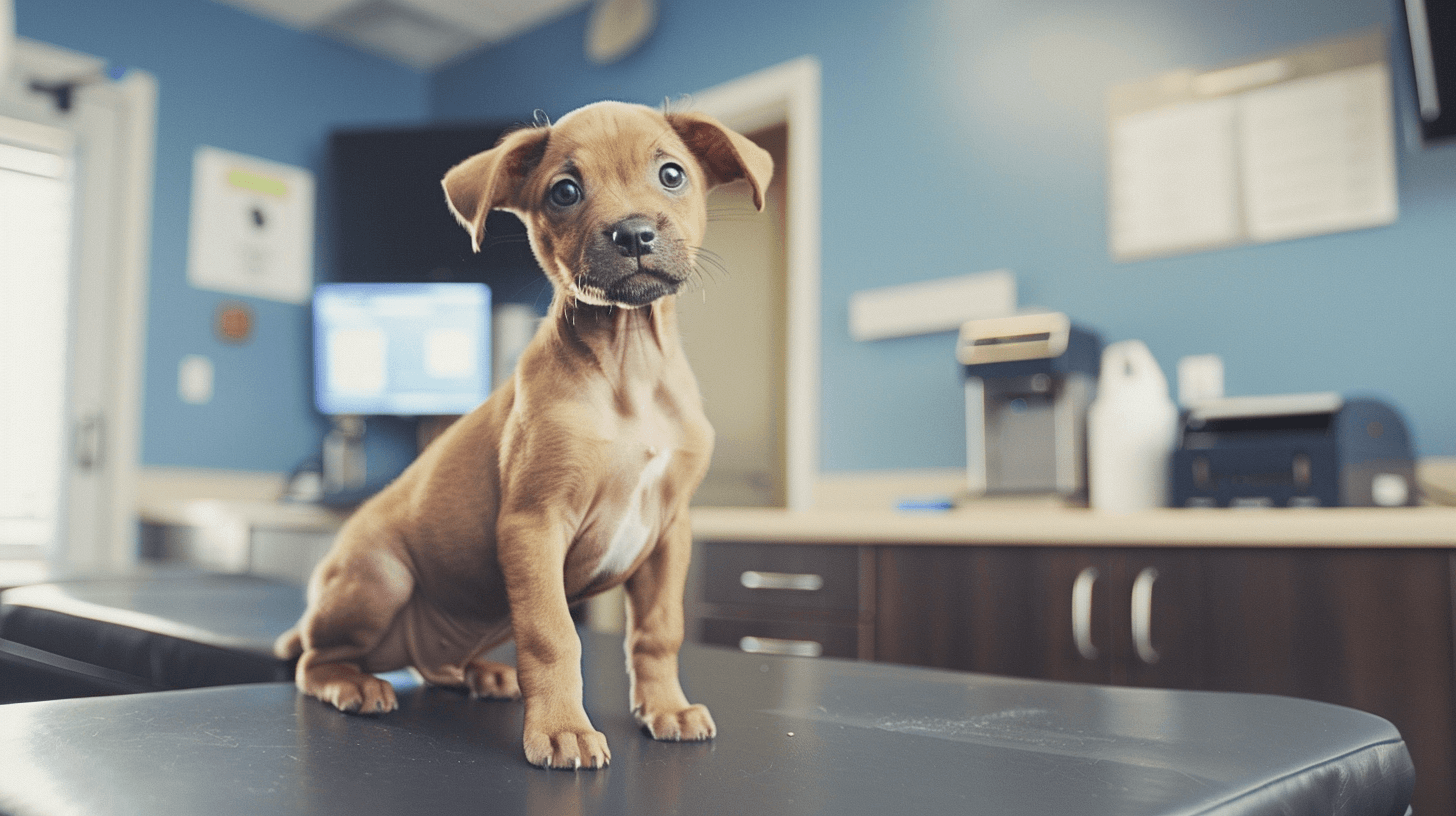
Proper nutrition is vital for a puppy’s growth and development. A balanced diet provides the necessary nutrients for their growing bodies and helps support their immune system. Feeding your puppy a high-quality puppy food that is appropriate for their age, breed, and size is essential.
Puppies have different nutritional needs than adult dogs, and it’s important to choose a food that is specifically formulated for puppies. Look for a food that contains high-quality protein, healthy fats, and a balance of vitamins and minerals. Avoid foods that contain artificial additives or fillers.
It’s also important to feed your puppy the right amount of food based on their age, size, and activity level. Overfeeding can lead to obesity, while underfeeding can result in malnutrition. Consult with your veterinarian to determine the appropriate portion size for your puppy.
Keeping Your Puppy Active and Fit: Exercise Tips for Your Furry Best Friend
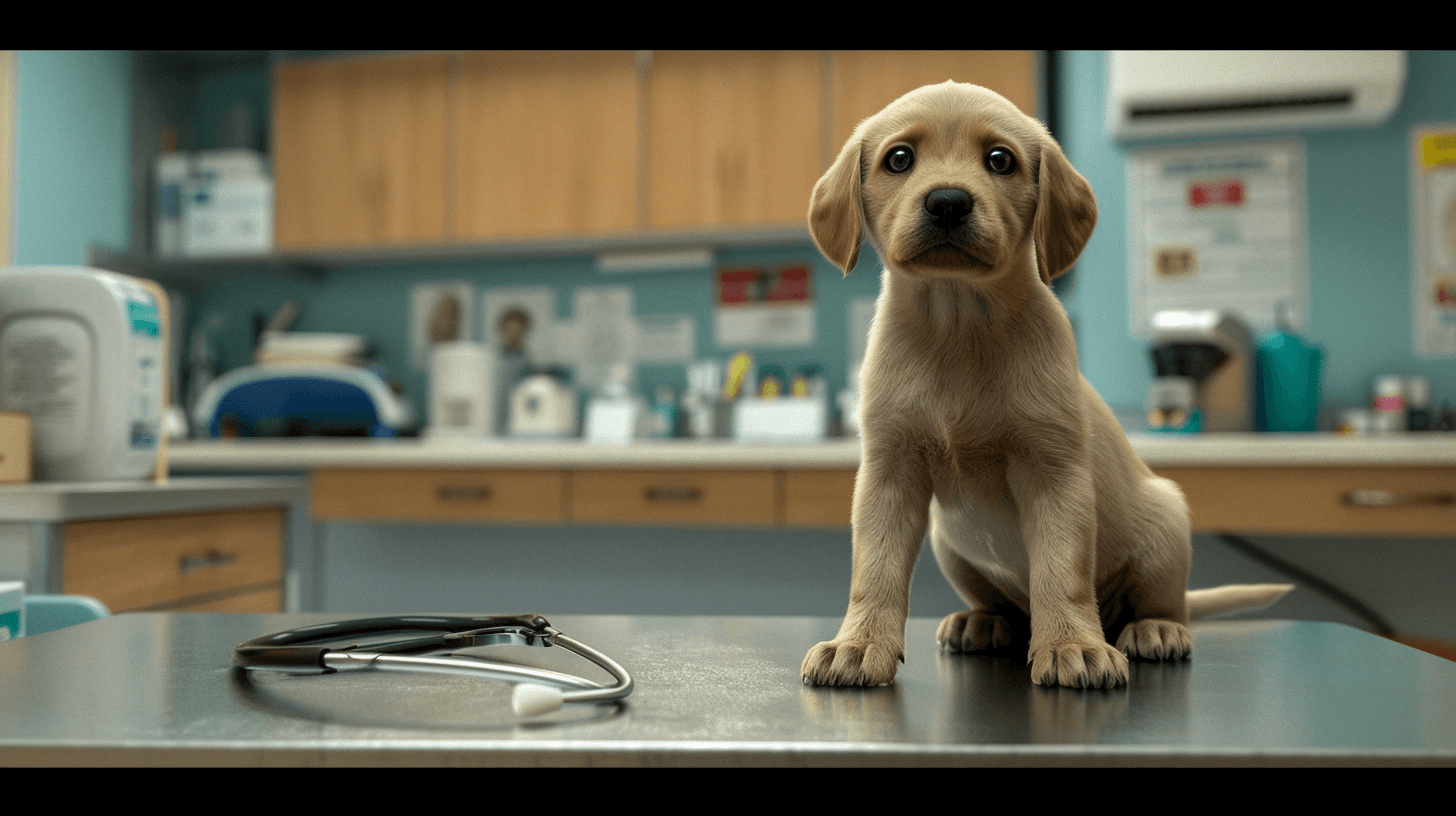
Exercise is essential for a puppy’s physical and mental well-being. Regular exercise helps keep them fit, prevents obesity, and provides an outlet for their energy. Here are some exercise tips for keeping your puppy active and fit:
1. Start slow: Puppies have growing bodies and should not be overexerted. Start with short walks or play sessions and gradually increase the duration and intensity as they grow.
2. Provide mental stimulation: In addition to physical exercise, puppies also need mental stimulation to keep them engaged and prevent boredom. Use puzzle toys, obedience training, or interactive games to challenge their minds.
3. Play fetch: Playing fetch is a great way to exercise your puppy while also providing an opportunity for them to practice their retrieval skills.
4. Socialize your puppy: Regular socialization with other dogs and people is important for a puppy’s development. Take them to puppy playdates or enroll them in puppy socialization classes.
5. Supervise outdoor play: When allowing your puppy to play outside, make sure the area is secure and free from any potential hazards. Always supervise their playtime to ensure their safety.
Grooming Your Puppy for Optimal Health and Wellness
Grooming is not just about keeping your puppy looking good; it also plays a crucial role in their overall health and well-being. Regular grooming helps prevent skin infections, keeps their coat clean and free from mats, and allows for early detection of any skin or coat issues. Here are some grooming tips for your puppy:
1. Brush their coat regularly: Brushing your puppy’s coat helps remove loose hair, prevents mats, and stimulates the skin. The frequency of brushing will depend on the type of coat your puppy has.
2. Bathe them as needed: Puppies generally do not require frequent baths unless they get dirty or have a skin condition. Use a gentle puppy shampoo and make sure to thoroughly rinse off all the soap.
3. Trim their nails: Long nails can be uncomfortable for your puppy and may cause them to have difficulty walking or running. Regularly trim their nails or have them trimmed by a professional groomer.
4. Clean their ears: Puppies are prone to ear infections, so it’s important to regularly clean their ears. Use a gentle ear cleaning solution and cotton balls to remove any dirt or debris.
5. Brush their teeth: Dental hygiene is important for preventing dental disease in puppies. Get them used to having their teeth brushed from a young age using a dog-specific toothbrush and toothpaste.
The Importance of Proactive Puppy Health Care
Taking a proactive approach to your puppy’s health care is essential for ensuring they live a long, healthy, and happy life. By providing them with the necessary vaccinations, routine health checks, proper nutrition, exercise, and grooming, you can prevent diseases, catch any potential health issues early on, and provide them with the best possible start in life.
Remember that prevention is always better than cure when it comes to your puppy’s health. By being proactive and taking the necessary steps to keep your puppy healthy, you are setting them up for a lifetime of well-being. So, make sure to prioritize preventive health care for your furry best friend and enjoy many years of love and companionship together.
If you’re a puppy owner, you know how important it is to prioritize preventive health care for your furry friend. One aspect of their well-being that often gets overlooked is their diet. Did you know that the food you feed your puppy can have an impact on their overall health, including the risk of ear infections? In a recent article on Happy Puppy Tips, they explore the connection between dog food and ear infections, providing valuable insights and tips for choosing the right diet for your pup.
To learn more about this topic, check out their article “Can Dog Food Cause Ear Infections?”. Additionally, if you’re curious about the cost of high-quality dog food options like Farmer’s Dog, Happy Puppy Tips has got you covered with their informative article “How Much Does Farmer’s Dog Food Cost?”. And if you’re looking for a natural supplement to boost your puppy’s health, don’t miss their article on the benefits of coconut oil for dogs: “Coconut Craze: The Benefits of Coconut Oil for Dogs”.
FAQs On Preventative Healthcare For Puppies
What is preventive healthcare for puppies?
Preventive health care for puppies refers to the measures taken to keep them healthy and prevent diseases before they occur.
What are some examples of preventive healthcare for puppies?
Examples of preventive health care for puppies include regular vaccinations, deworming, flea and tick prevention, dental care, and regular check-ups with a veterinarian.
Why is preventive health care important for puppies?
Preventive health care is important for puppies because it helps to keep them healthy and prevent diseases before they occur. This can save pet owners money on veterinary bills and ensure that their puppies live long, healthy lives.
When should puppies start receiving preventive health care?
Puppies should start receiving preventive health care as early as possible. This includes vaccinations, deworming, and flea and tick prevention. Puppies should also have their first check-up with a veterinarian within the first few weeks of life.
How often should puppies receive preventive healthcare?
The frequency of preventive health care for puppies depends on their age and health status. Generally, puppies should receive vaccinations every 3-4 weeks until they are 16 weeks old, and then annually thereafter. They should also receive regular check-ups with a veterinarian every 6-12 months.
What are some common diseases that can be prevented through preventive healthcare for puppies?
Common diseases that can be prevented through preventive health care for puppies include parvovirus, distemper, hepatitis, leptospirosis, and rabies. Flea and tick prevention can also prevent diseases such as Lyme disease and Rocky Mountain spotted fever.

